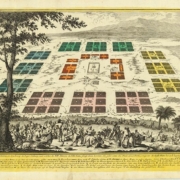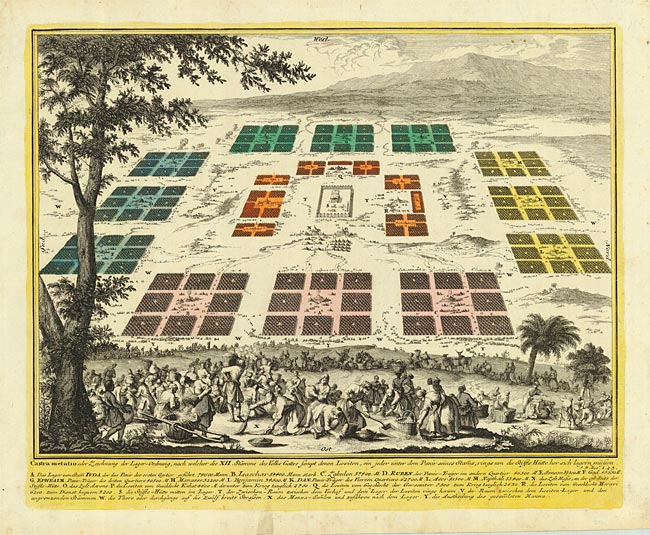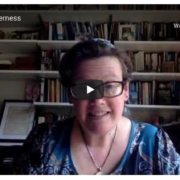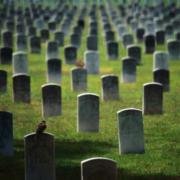כְּנֶ֙שֶׁר֙ יָעִ֣יר קִנּ֔וֹ עַל־גּוֹזָלָ֖יו יְרַחֵ֑ף יִפְרֹ֤שׂ כְּנָפָיו֙ יִקָּחֵ֔הוּ יִשָּׂאֵ֖הוּ עַל־אֶבְרָתֽוֹ׃
Like an eagle who rouses their nestlings, gliding down to their young, So did God spread God’s wings and take [us], Bear [us] along on God’s pinions.
(Deut. 32:11)
This verse from this week’s Torah portion, Ha’azinu, leapt out at me this year. The metaphor of God bearing us on eagles’ wings, lifting us out of slavery to Pharaoh and out of our constricted places, is not a new one. But what struck me here was the word יעיר, to arouse or to wake up.
Rashi says this image is meant to evoke an eagle who doesn’t want to scare its nestlings, so the eagle flaps its wings a few times before coming in to the nest, to wake the young ones up and ensure that they feel strong enough to receive the eagle’s coming.
Later in the passage, Rashi says an eagle carries its young on its wings rather than in its claws, because the eagle reasons, “if there is an arrow, better the arrow should pierce me than pierce my young” — the eagle protects its young, and that’s the quality of love that God has for us.
I love the idea of God carrying us on vast eagles’ wings, seeking to protect us and uplift us. But even more than that, this year, I’m moved by this language of awakening or arousal.
God’s love for us is both protective and a little bit pushy. Torah here imagines God carrying us and keeping us safe — and also nudging us to wake up.
Just as the shofar’s call nudges us to wake up.
Just as this whole season nudges us to wake up.
The commentator known as the Or HaChayyim agrees: “Moses uses the simile of the eagle to show that just as the eagle rouses its young first, so G’d rouses the children of humanity to warn that we have to put our spiritual house in order.” This is the season for doing exactly that.
Shabbat Shuvah is our wake-up call. God is the eagle hovering over the nest, flapping mighty wings to urge us to rise up with all our strength and to do what’s right. God is the shepherd taking account of each of our lives as we pass beneath the staff, reading the Book of Life that we have written with our choices. God is in the shofar’s call — which sometimes sounds like triumph, and sometimes sounds like anguish — begging us to wake up.
Not because Yom Kippur begins tomorrow night, although it does.
But because the world needs us to wake up. Our community needs us to wake up. Our souls need us to wake up.
To what do we need to wake up at this moment in our spiritual year?
To what do we need to wake up at this moment in our national life?
Much is going to be asked of us in this new year. We need to wake up. We need to strengthen our souls and strengthen our resolve to stand up for what’s right.
God is here to wake us up. To rouse us from our sleep. To arouse in us the yearning to do what’s right. To enflame our hearts with a passion for righteous acts and justice: on a personal scale, on a communal scale, on a national scale.
Will we be woken?
This is the d’varling that Rabbi Rachel offered on Shabbat Shuvah (cross-posted to Velveteen Rabbi.)

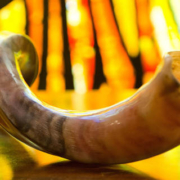
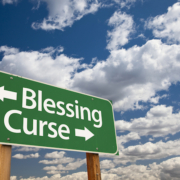
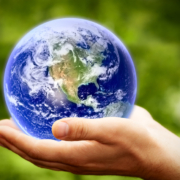
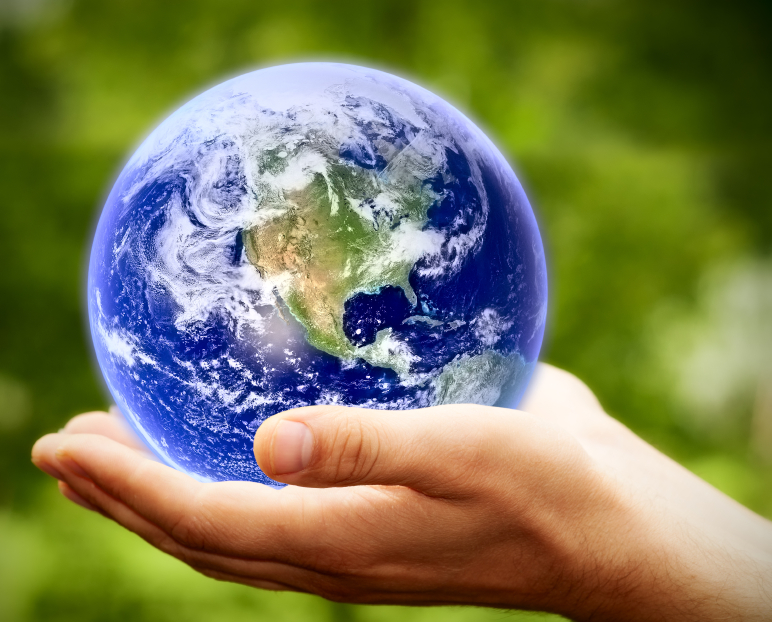 I made it three verses into
I made it three verses into 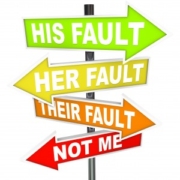
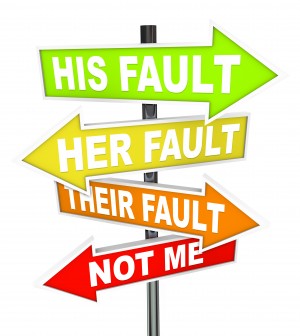
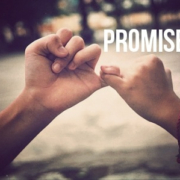


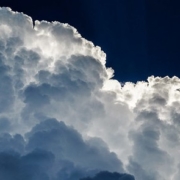
 “When the cloud lifted, they would break camp…” (Numbers 9:21)
“When the cloud lifted, they would break camp…” (Numbers 9:21)